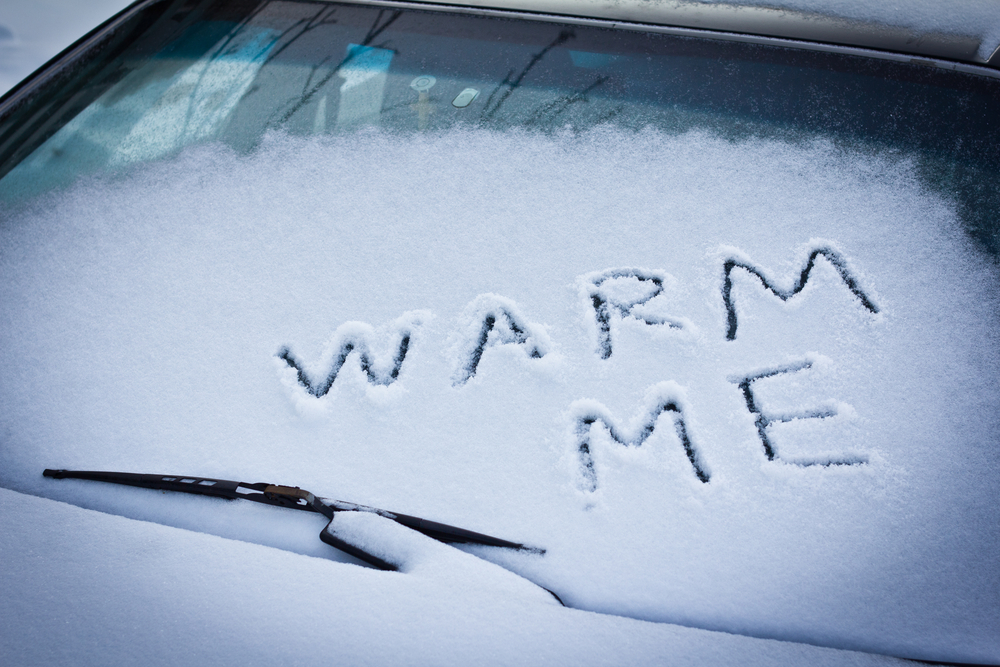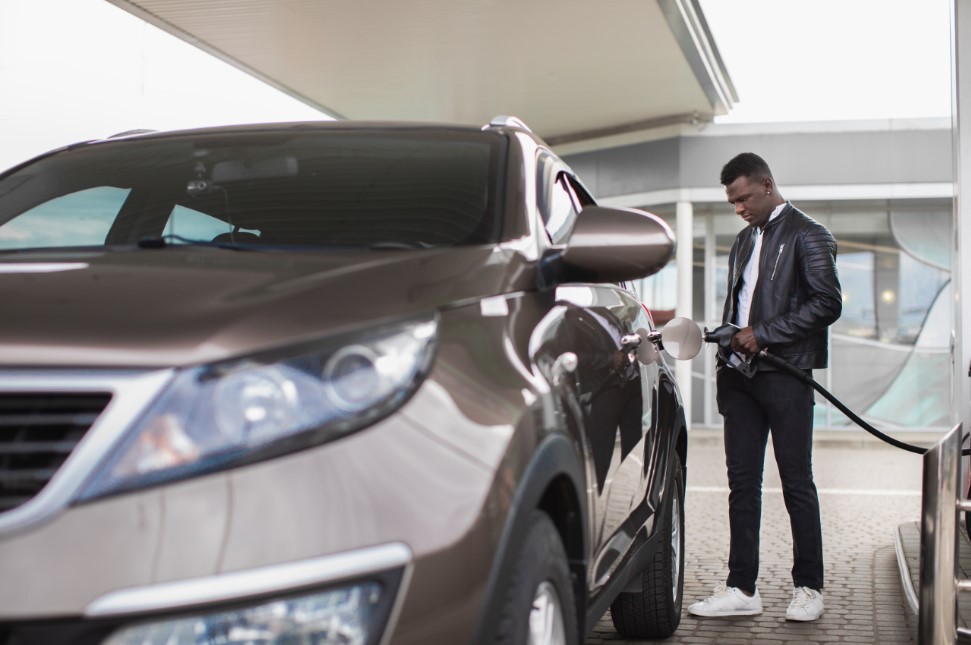The Car Battery Guide for Warm & Cold Weather

Extreme Temperatures Commonly Cause Dead Car Batteries
Getting in your car only to find out your battery is dead is never fun. You can usually prevent a dead battery by ensuring that your headlights, interior cabin lights, and even your radio are off (depending on the year, your car may automatically shut these off).
Other times your battery will die for little to no apparent reason. If no damage is present on the battery housing itself, and there aren’t any noticeable electrical problems, odds are that your battery fell victim to one of the things in life we’re not in control of – the weather!
In this blog we’ll discuss the impact that both summer and winter have on your car’s battery.
Seasonal Battery Maintenance Can Save You from a Dead Car
Although car batteries have evolved over the years, the fact of the matter is that hot and cold temperatures can ruin your battery. This is especially true if you discover that your battery won’t charge fully or if you are experiencing some other battery failure.
Fortunately, there are things you can do to avoid the surprise of a dead battery even during the hottest parts of summer and the coldest moments of winter.Christian Brothers Automotive’s team of auto experts is here today to explain what to do throughout the year’s seasonal changes to ensure you can count on your car battery!
Caring For Your Battery In Summer
Most customers in warm climates don’t realize that hot weather can create conditions that make it hard for their batteries to gain and hold a full charge. High temperatures can cause the following problems:
Corrosion
Liquid evaporation
Shorter battery life
Rust
Malfunctioning alternator
Here’s a list of tips for the summer:
Inspect Your Battery’s Fluid Levels
To ensure your battery’s electrolyte isn’t evaporating into thin air, check the liquid level by comparing it to the fill line under the filler cap on the battery. If your battery is a maintenance free battery, there will not be a cap for you to remove and check. A non maintenance free battery will usually have two small caps you can remove to inspect water levels. If you aren’t sure where to look, our expert auto technicians at Christian Brothers Automotive can check for you. We recommend checking every 6 months.
PRO TIP: If you do add fluids, be sure to add distilled water only.
Clean Away Corrosion
Additionally, to rule out possibilities, be sure to inspect for corrosion. Even if you don’t see anything of concern, you can prevent corrosion by cleaning the top of your battery with a scouring pad or brass brush to remove dirt and corrosion build-up. You can see our complete guide on how to clean corrosion off of your battery’s terminals here.
Inspect Your Alternator
Summer’s high temperatures can also cause a malfunctioning alternator—the part that maintains a proper charge level on your car’s battery. If this happens, your alternator can overcharge or undercharge and cause important components of your vehicle to fail. Be sure you’re ready for summer by scheduling regular maintenance in the spring. If you’d like to try on your own, start your car and, while the engine is running, remove the negative battery cable from your battery. If your vehicle dies or even stalls out, then you can probably conclude your alternator is bad. If that’s not something you’d like to do on your own, our auto technicians can inspect your alternator as well as service your battery before problems occur.
If your battery lasts through the summer, we have some tips for battery care in the winter.
Caring For Your Battery In Winter
Like hot weather, cold weather reduces the battery’s capacity, drains its power, and presents many other problems for your car. As a result, you may encounter an especially frigid day when your car refuses to start.
For example, at an arctic zero degrees Fahrenheit, you can expect your car’s battery to hold around half of its capacity. If you’re not prepared for this, you could easily find yourself stranded on the side of a road with a dead battery. And lots of shivering and wishing you’d worn a winter hat.
Here’s a list of tips for the winter:
Park Your Car in a Garage or Under Covered Parking if Possible
You can help protect your vehicle from winter weather by limiting its exposure to the elements. This can be done by parking your car in a garage or under a covered structure if possible.
Corrosion is Less of a Problem
If you’ve kept your battery clean throughout the summer, corrosion during winter is unlikely. But if you’re dealing with any vehicle power problems, it’s still important to give your battery a quick look for debris.
Get Your Battery Inspected Before Winter
Since colder weather can reduce your battery's hold, it’s important to ensure it’s able to hold a full charge in normal, mild weather conditions first. While a multimeter can be used at home to double-check the battery, it’s best to bring your car into a local auto shop for an accurate inspection and professional advice!
PRO TIP: Keep jumper cables in your trunk and know how to jump a car using them, just in case. Things don’t always go as planned, and it’s better to be safe than sorry!
Christian Brothers Automotive is Here to Keep You Rollin’ All Year Long
For any of your regular maintenance needs, Christian Brothers Automotive is here to help! Our expert technicians are skilled at cleaning, testing, and servicing your car battery to ensure it runs all year. When it’s time to replace your battery, any of our nationwide locations can assist you in finding the right choice for your car or truck!
Experience the Nice Difference at Christian Brothers Automotive. Find your nearest location and call for service today before the weather changes!
This blog was written December 2016 and updated January 2024 to reflect current trends and best practices.


[1].jpg)
sunwash-tech-with-customer.png)

